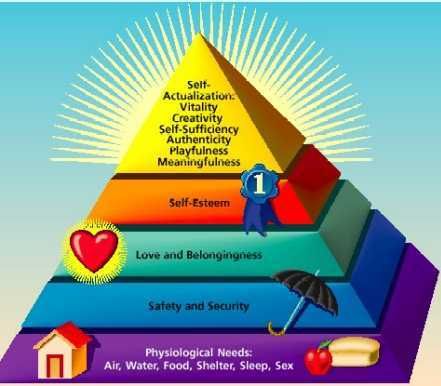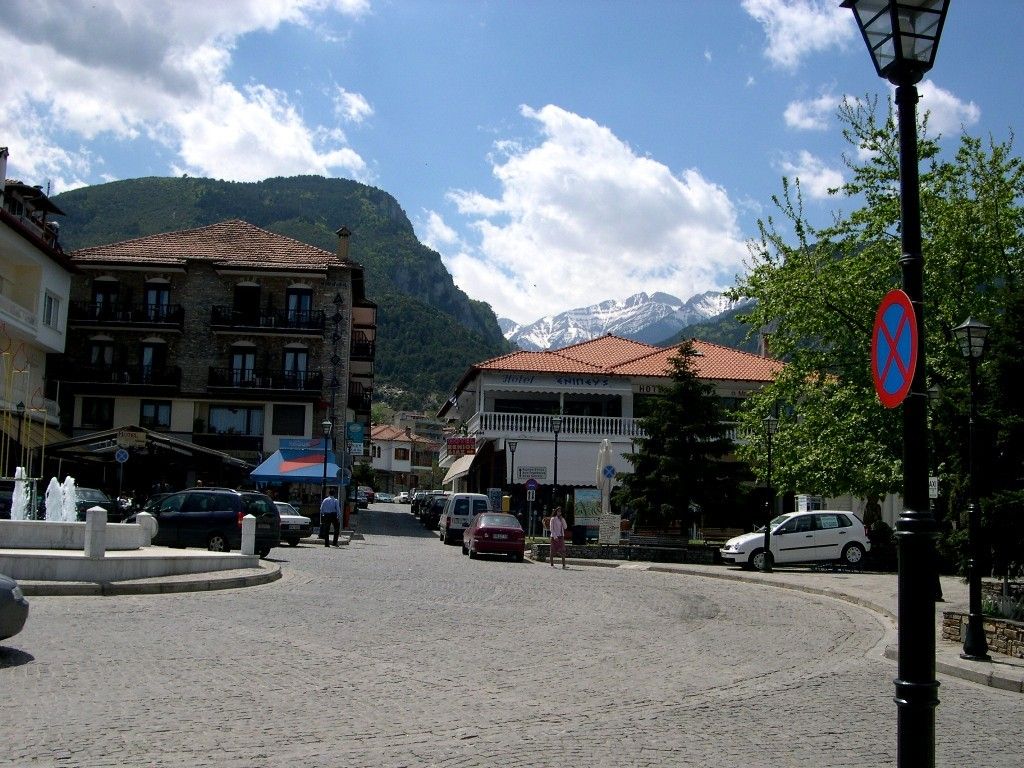 Hollow 3 |
Each day I can watch him trudging home from wherever he has been. Fortunately it is downhill from the bus stop to where he lives. He never smiles, eyes focused on the ground a few feet in front of his pace.
Beaten down.
The world so heavy that he can’t even look up.
Shoulders sagging under the weight of the last straw, and the last straw before that… and the one before that. A succession of so many minor beatings to the ego that he flinches reflexively at anything, everything, expecting the worst
Back bent from too many sorrows.
And you want him to rise up?
Why? Is his life going to be better? Tomorrow, when he rolls out of bed, is anything he interacts with going to be better than it was? Is it worth his effort? Does he have any effort to give?
I’ve been there, a time or two…or ten, when all one worried about was where the next bottle, or toke, or hit was coming from, anything to reach numb. Anything more than numb was a bonus.
Fortunately, I found more. I found a way out. I found people who would sometimes lend a hand. Sometimes it was enough. Mostly it wasn’t quite enough, but it kept hope alive that someday, maybe there might be enough. It was a good thing that I am an optimist, by nature, and being beaten down couldn’t…or maybe just didn’t…totally destroy that. I can do so, if we are not careful.
And I made it through…to a better place…and to a better place, repeated often…and eventually to this place. Life evolves. So do lives. Sometimes. Sometimes it may be so slow that it is agonizing to watch.
I never get to see his eyes…but I feel like I know the pain there. I think I’ve seen it before…in my own mirror.
And who knows? Maybe I am wrong. Maybe there is a happy space that awaits him. But I know that the world lets loose a sigh as he passes.

So much could have gone wrong. Apparently, for many people it does, because I do not find many of them in places like this, or any blogging venue, striving for more. Trying to discover what the world wants to be. If indeed that is why we are here…or some of us are here…or at least a few…
You have to feed a man’s stomach and his soul before you can convince him to join in helping others.
Other than that, Doctor Maslow, how was your day?
Life sometimes goes on, at least for some of us. We sometimes need to pick and choose what to invest our outrage in. Because there is so much all around us to be outraged about and our outrage is a limited resource: unleash too much of it and despondency creeps near, ready to pounce.
And the back bends and the shoulders sag further under even more weight. And the legs become leaden and bleeding feet are dragged, one painfully in front of the other until collapse is imminent.
And these are the people that get harangued for not standing up to the oppression of their world. Our world, too, unless we just want to abandon them while we parse what the latest words uttered by some politician in some speech are supposed to mean, a speech that will never be heard because the People of the Numb want the world to shut down and go away, if just for an hour or two, hoping that the dreams that they’ve had dashed and the pain they experience daily, hourly, and so minutely, death by a thousand cuts, might just drift away for a moment.
It’s hard to sell Hope in a world where the internal sky is always gray.
Where the sky is always gray, people don’t have the power to rise up. At least they don’t recognize the power they may have. They can’t locate any spare energy to transfer*, regardless of the time period involved.
A friend once wrote:
The vast majority of humans will only seek to use the power of resistance when they have been made ….uncomfortable…. enough.
The people of the gray skies know nothing but discomfort. They can’t distinguish comfortable from uncomfortable. The only different feeling they can discern is numb.
 Sky Ensnared
|
*Physics: Power equals energy transferred divided by duration.

While I was writing the above, I decided to do a bit of follow up, which I published in a Cafe Discovery column. I’m always interested in words and thought I would drag some along behind me.
- Please note: These words are about the subject. They have nothing to do with my present state of mind. Suggestions that I need anti-depressants just might be inconsistent with what that essay said and with my current state of mind, although people commenting in my essays without seeming to have actually read them is a bit depressing in and of itself.
The closest word at the Online Etymological Dictionary (quoted liberally here) to despondency is despondence, a word dating from 1676. It derives from the Latin despondere:
“to give up, lose, lose heart, resign” (especially in the phrase animam despondere, literally “to give up one’s soul”), from the sense of a promise to give something away, from de- “away” + spondere “to promise” (see spondee [we shall return to this]). A step above despair.
So, okay. How about despair?
c.1325, from O.Fr. desperer “lose hope, despair,” from the Latin desperare “to despair,” from de- “without” + sperare “to hope,” from spes “hope” (see speed). The noun replaced native wanhope.
Notice that de- is assigned two different meanings. If we assign the meaning used in the second to the first, despondent could mean “without promise.” That might be apt.
Of course, now we should look at hope.
O.E. hopian “wish, expect, look forward (to something),” of unknown origin, a general Low German word (cf. O.Fris. hopia, M.L.G., M.Du. hopen; M.H.G. hoffen “to hope” was borrowed from Low German). Some suggest a connection with hop (v.) on the notion of “leaping in expectation.”
The state of desperation dates to around 1366. Being desperate, referring to people, has a citation in 1483, used in the sense of people who have given up.
Searching hope lead to the word forlorn and a leap a couple of centuries backward.
1154, “depraved,” past participle of the obsolete forlesan “be deprived of, lose, abandon,” from O.E. forleosan, from for- “completely” + leosan “to lose” (see lose). In the Mercian hymns, the Latin perditionis (from which derives perdition) is glossed by O.E. forlorenisse. Originally “forsaken, abandoned;” sense of “wretched, miserable” first recorded 1582. Commonly in forlorn hope (1579), which is a partial translation of the Dutch verloren hoop, in which hoop means “troop, band,” literally “heap,” and the sense of the whole phrase is of a suicide mission. The phrase is usually used incorrectly in English, and the misuse has colored the sense of forlorn.
Of course, no discussion of hope should avoid Pandora, in some traditions, the name of the first mortal woman, (“whose descendants will torment the race of men”). In Greek mythology Zeus orders Hephaestus to mold her out of earth (a familiar life-forming substance back then). Each god gave her unique gifts as a bride to Epimetheus. Payback for Prometheus stealing fire and all.
According to Hesiod (the Theogony and Works and Days) Pandora opened a jar which let loose all the evils of mankind, including greed, vanity, slander, envy, pining for the fjords, yada, yada, yada, and left only Hope trapped inside, stuck under the lip of the jar.
Hesiod did not have a good view of her.
From her is the race of women and female kind:
of her is the deadly race and tribe of women who
live amongst mortal men to their great trouble,
no helpmeets in hateful poverty, but only in wealth.
Even then they were blaming the women.
There is, however, an account of a pre-Hesiodic legend given by Theognis of Megara:
Hope is the only good god remaining among mankind;
the others have left and gone to Olympus.
Trust, a mighty god has gone, Restraint has gone from men,
and the Graces, my friend, have abandoned the earth.
Men’s judicial oaths are no longer to be trusted, nor does anyone
revere the immortal gods; the race of pious men has perished and
men no longer recognize the rules of conduct or acts of piety.
Sound familiar?
Indeed an even later account by Babrius has the jar containing blessings, not evils. In this story it was not Pandora who opened the jar, but “a foolish man” and all the blessings were lost forever, save Hope, who remained “to promise each of us the good things that fled.”
The journey through despair and hope cannot be complete without returning to spondee, a word dating to around 1390, “a metrical foot consisting of two long syllables,” from O.Fr. spondee, from Latin spondeus, from Greek spondeios (pous), the name of the meter originally used in chants accompanying libations. Now we’re talking. This derives from sponde, “solemn libation,” and is related to spendein “make a drink offering,” from PIE base *spend- “to make an offering, perform a rite,” hence “to engage oneself by a ritual act” (cf. Latin spondere “to engage oneself, promise,” Hittite shipantahhi “I pour out a libation, I sacrifice”).
to sacrifice, dear ones,
in hope of a better future
when our blessings may return.
I have not actually ever been to Europe, let alone Greece, let alone Litochoro, the town which sits at the foot of Mount Olympus. But I am sure there is a café nearby the town square seen above.
Here’s another view:

